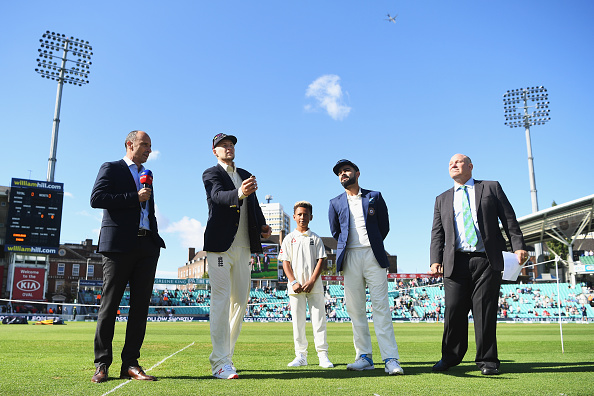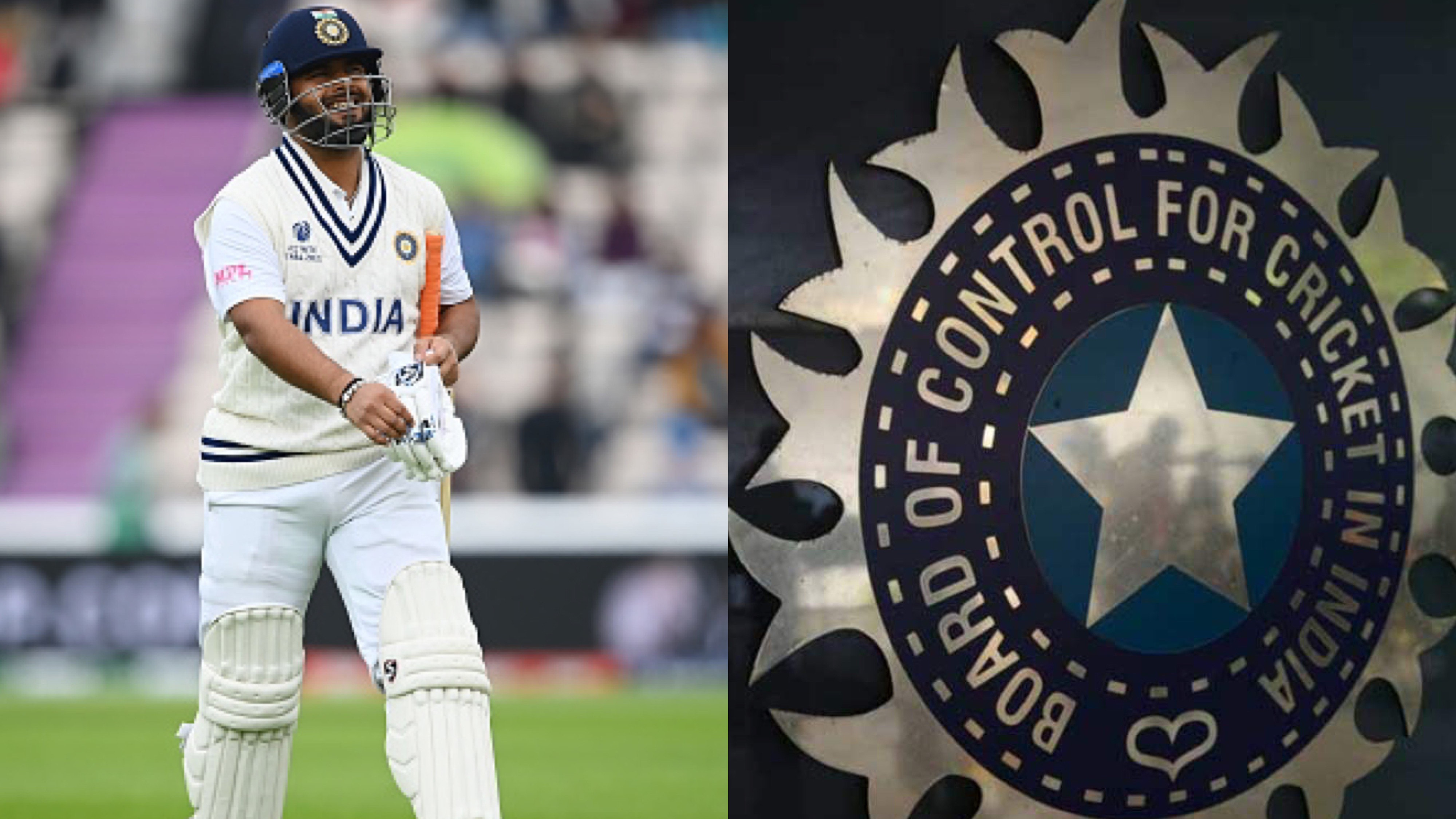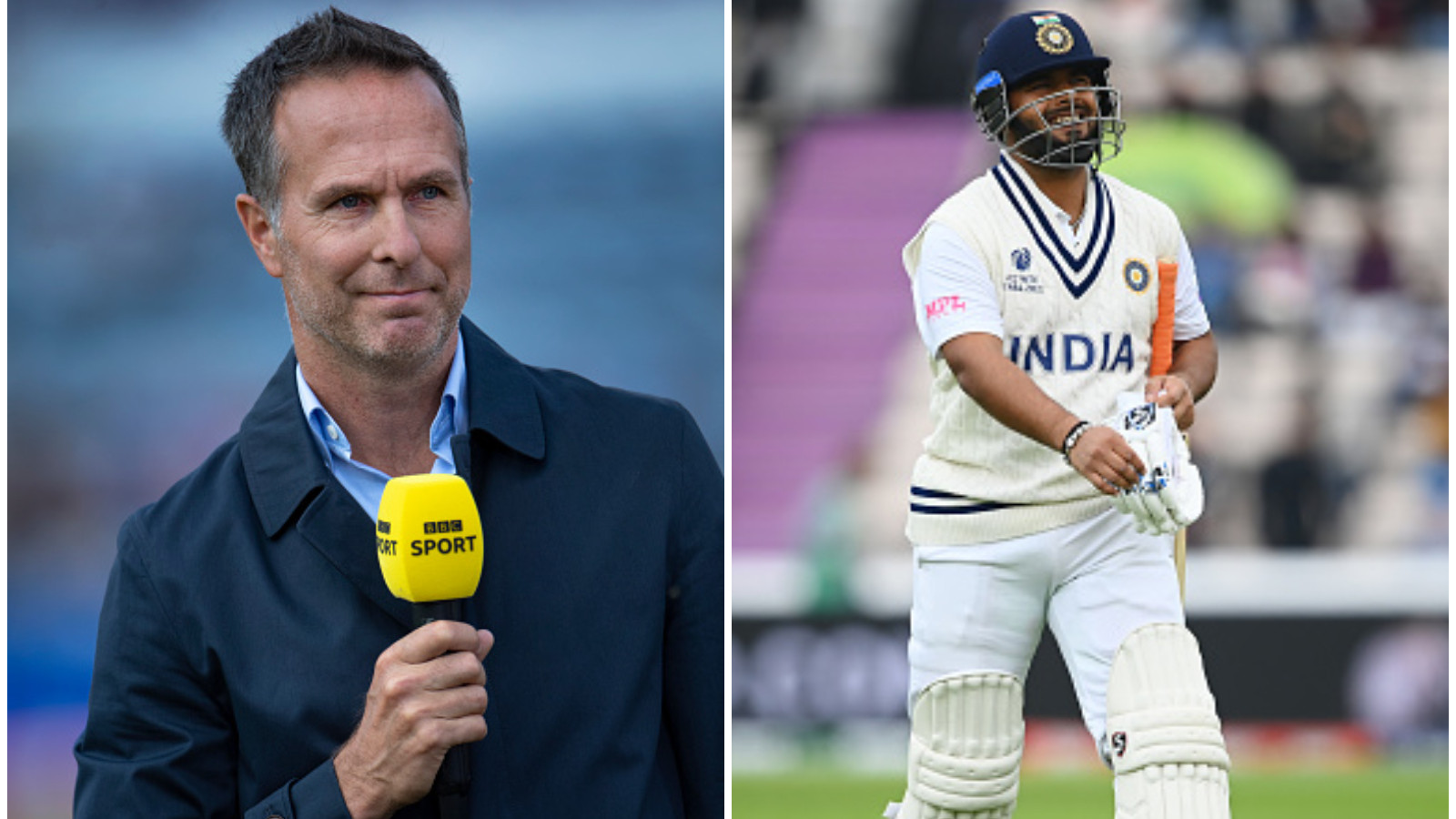 Even though multiple COVID-19 cases have been detected in the India and England squads, ECB chief executive Tom Harrison on Thursday (July 15) made it clear that a strict bio-bubble will not be imposed for the upcoming Test series between both sides, slated to start on August 4 at Trent Bridge.
Even though multiple COVID-19 cases have been detected in the India and England squads, ECB chief executive Tom Harrison on Thursday (July 15) made it clear that a strict bio-bubble will not be imposed for the upcoming Test series between both sides, slated to start on August 4 at Trent Bridge.
Two positive cases were diagnosed in the Indian camp ahead of their practice game in Durham, while England had to field a new-look squad in the recently held ODI series against Pakistan after initial team was forced to isolate due to multiple COVID-19 cases within the camp.
See Also: BCCI releases statement after Rishabh Pant, Dayanand Garani test COVID-19 positive
Moreover, UK too is recording a spike in daily COVID-19 cases with more than 42,000 infections reported on Wednesday (July 14).
According to Harrison, however, players and other stakeholders have to learn to live with the deadly virus.
"We're in a different scenario to 12 months ago or even six months ago really with respect to how we cope with COVID. We're really trying to learn how we live with it and create safe environments for people as opposed to bio-secure environments," Harrison was quoted as saying by Cricbuzz.
"There's a huge difference between the two. Players are just fed up with bio-security and bubbles and that language we have become so used to using. It's had such a detrimental impact on mental health for players, time away from families. We are just not able to operate that kind of environment going forward.
"We have to learn to cope with COVID. We're going to be living with it now for the foreseeable future so mitigation is the word as opposed to prevention. We think we've built in enough protocols now just to try and mitigate the impact of frankly inevitable infections."
Harrison said it is important to ensure that entire squad need not be replaced like it happened in the ODI series against Pakistan.
"I think that is where we are trying to ensure that we don't have instances where entire squads are taken out of circulation because of one or two local infections.
"So we're working very hard to make sure those protocols are in place for the remainder of the season. We've communicated these protocols to the various camps and various teams and also the international and county environment," said Harrison.
As per the government guidelines, the close contacts of the infected person will also have to isolate for 10 days.
When asked if the quarantine period can be reduced, Harrison replied: “We talk to government all the time. The reality is that the guidelines are set down by Public Health England so we don't have the ability to create new guidance just for cricket that isn't sanctioned by PHE or central government.”
"So we are living with the current guidelines but it isn't impossible to operate within the context of those guidelines to have a successful environment," he further remarked.
(With PTI inputs)



